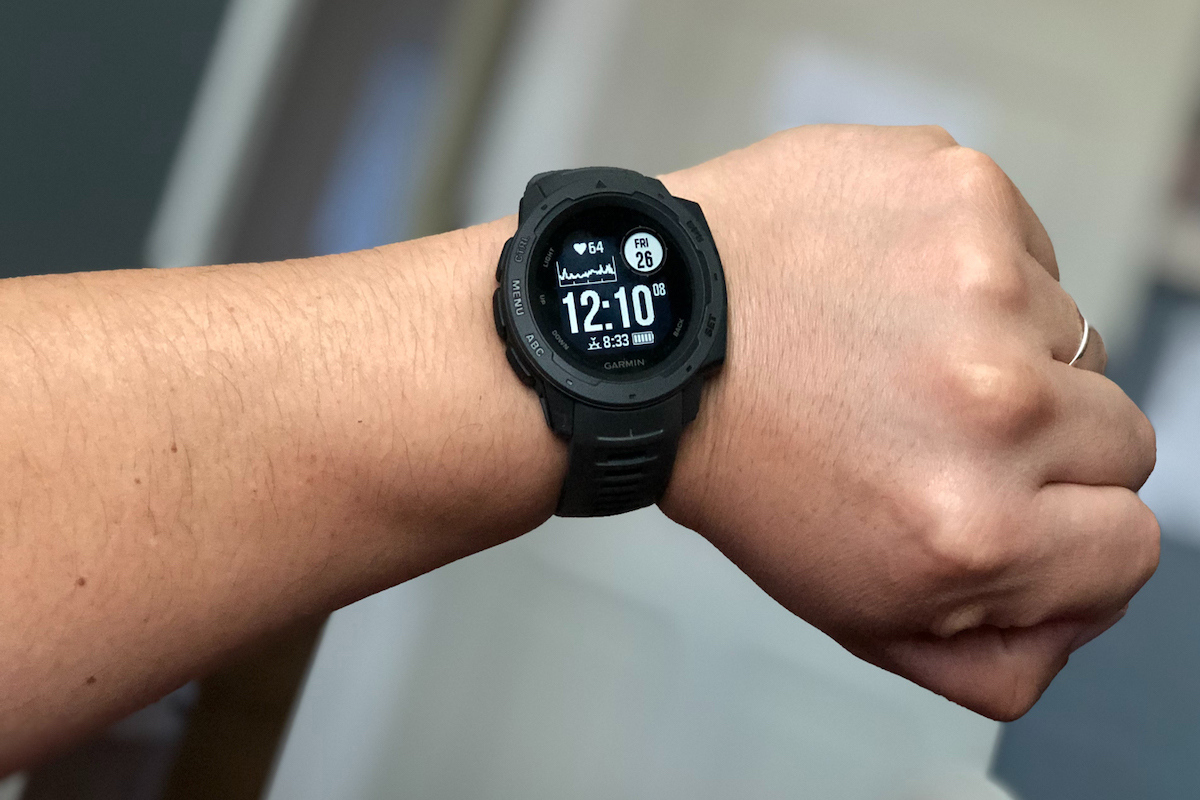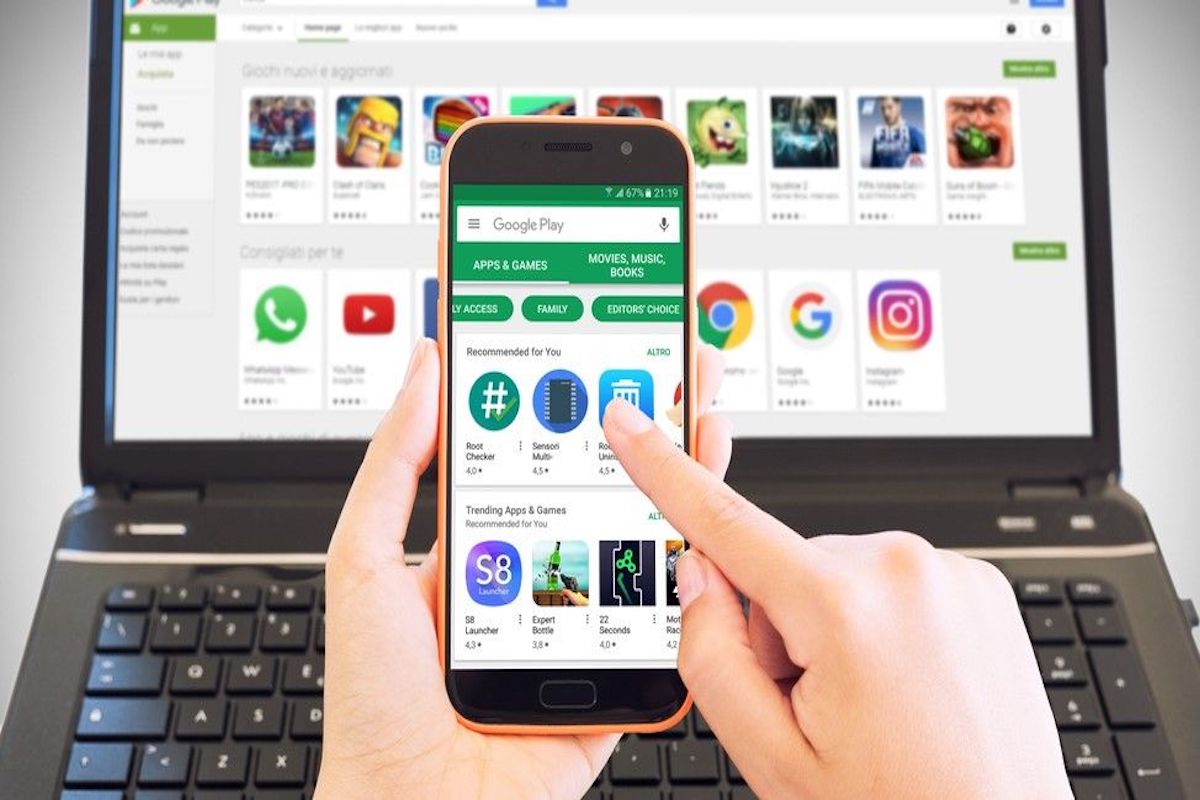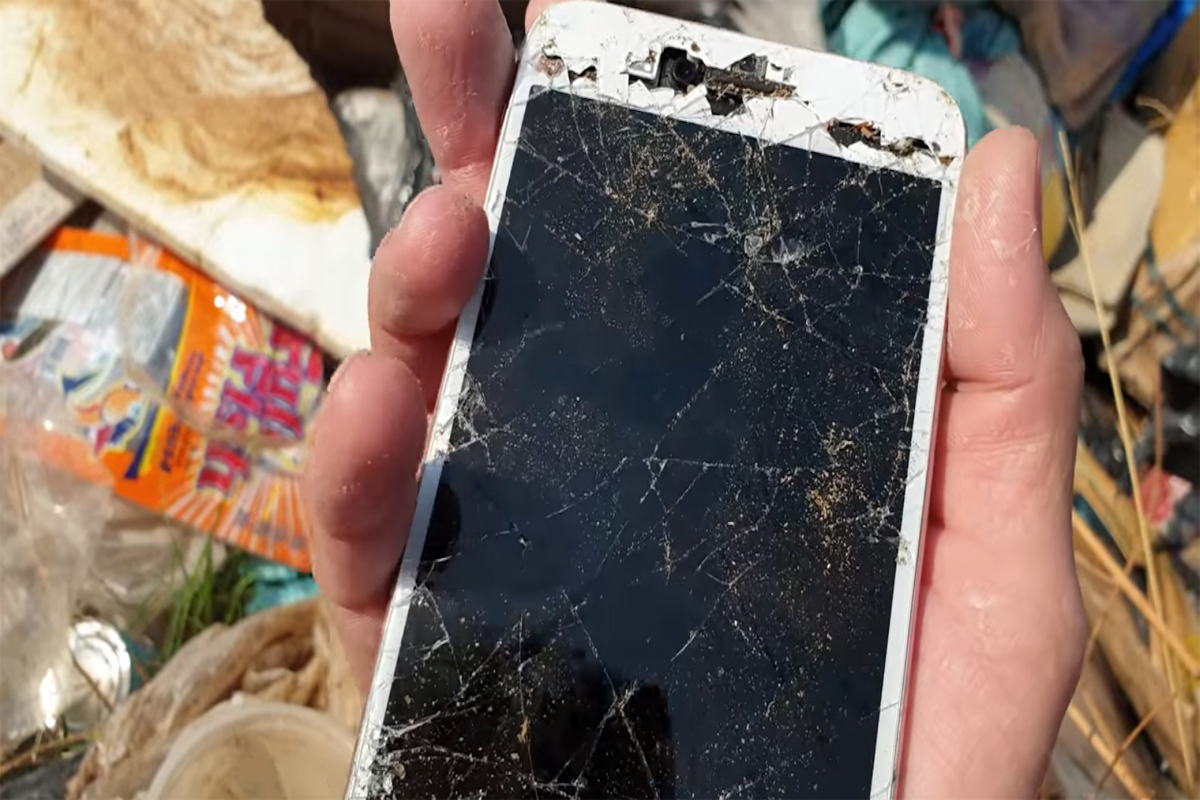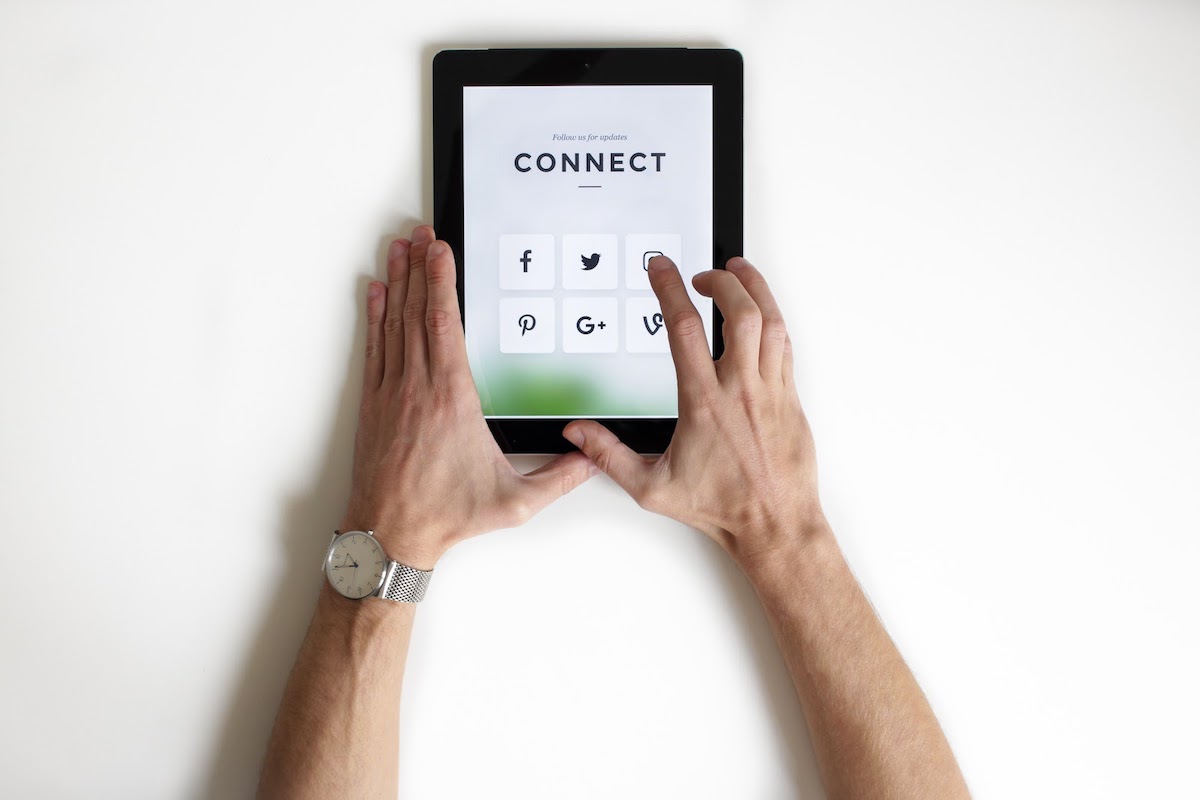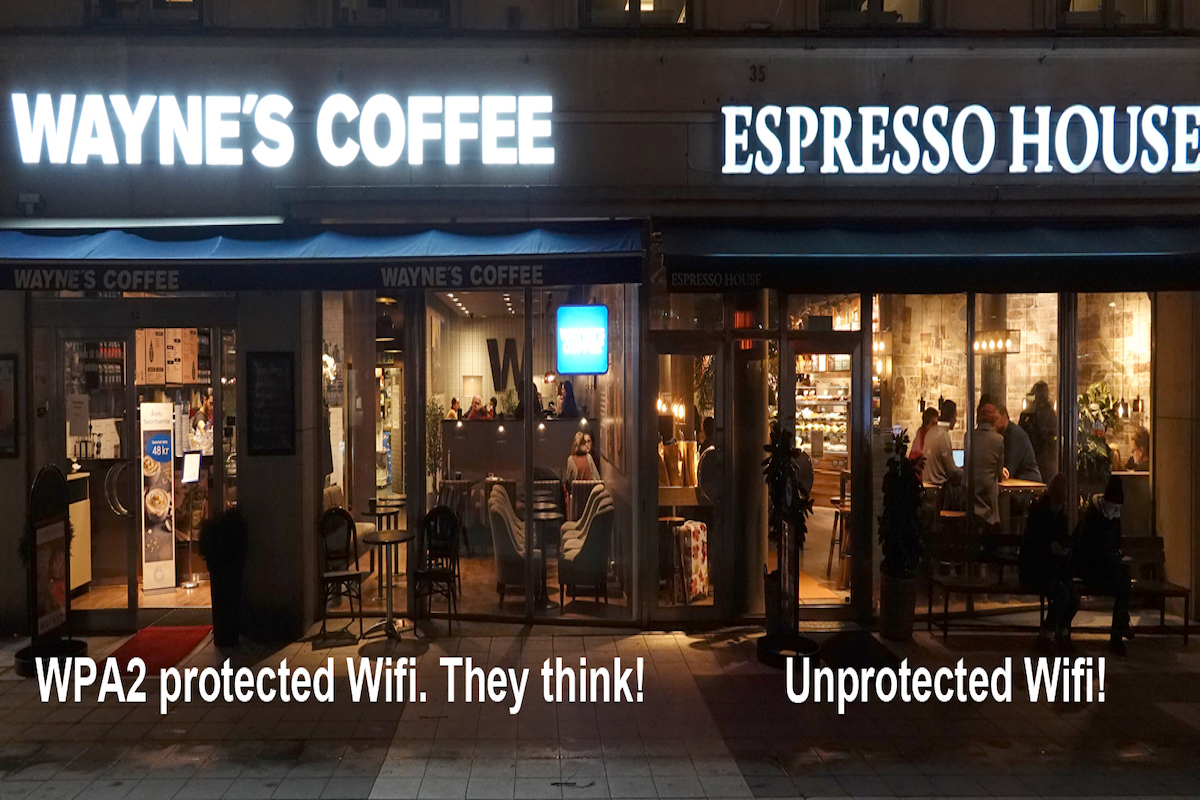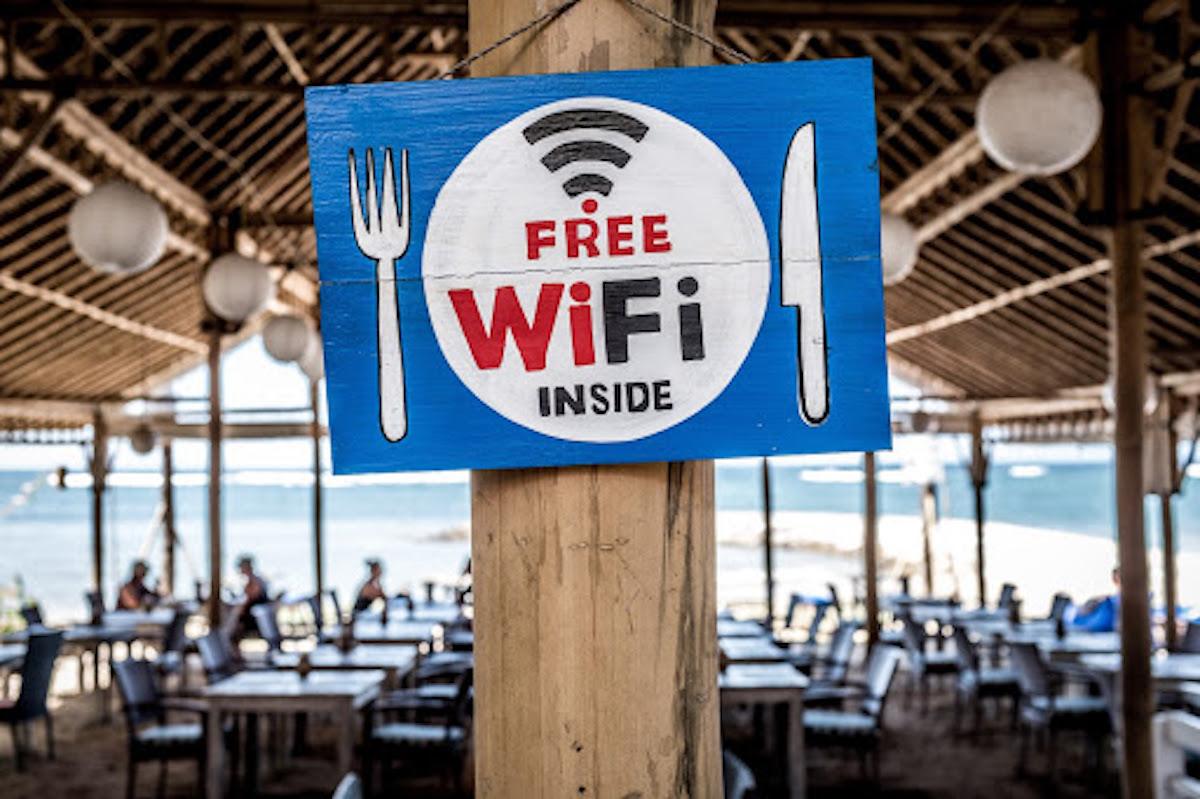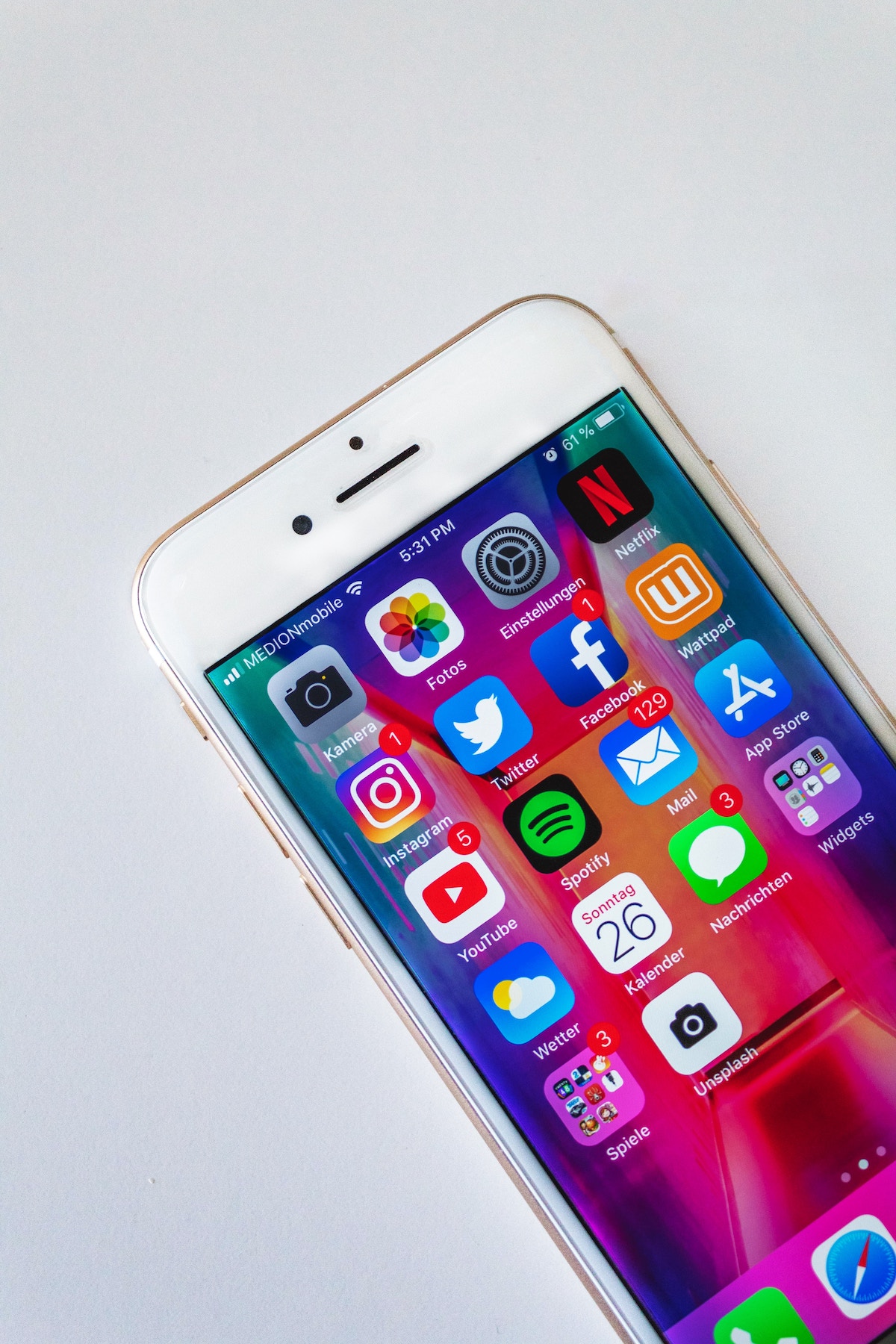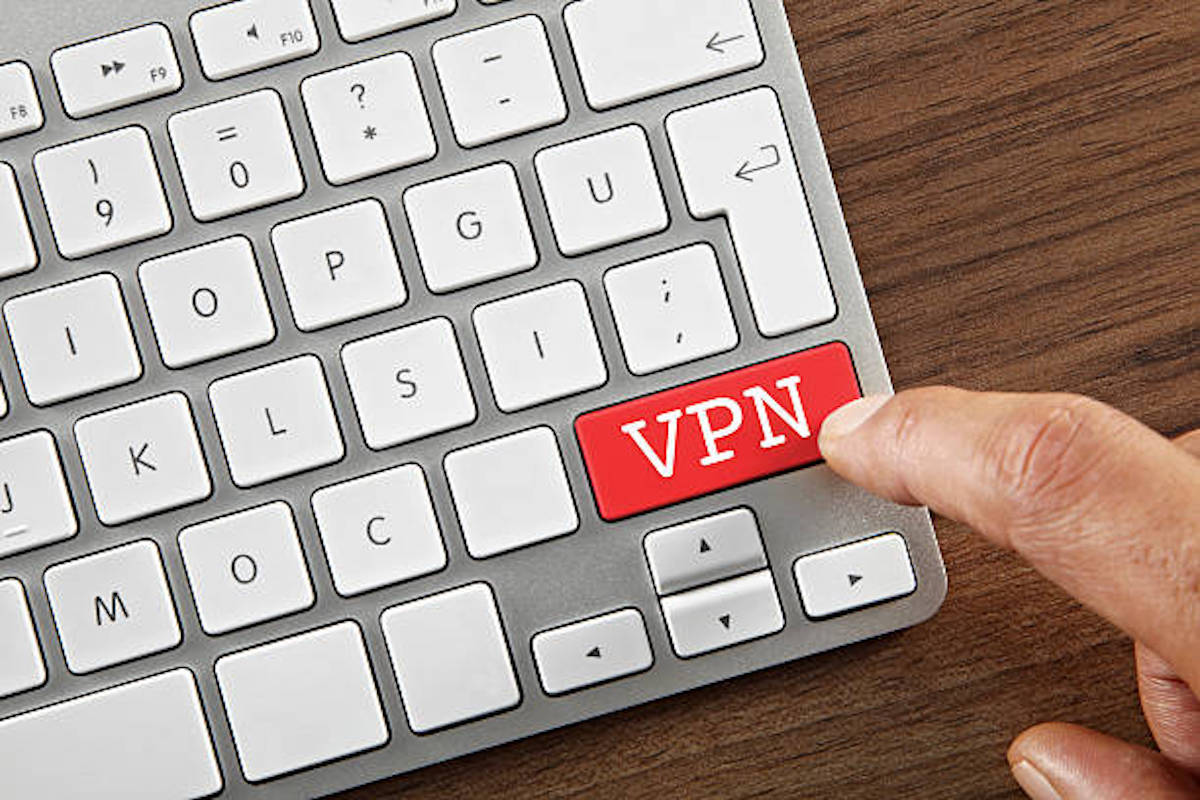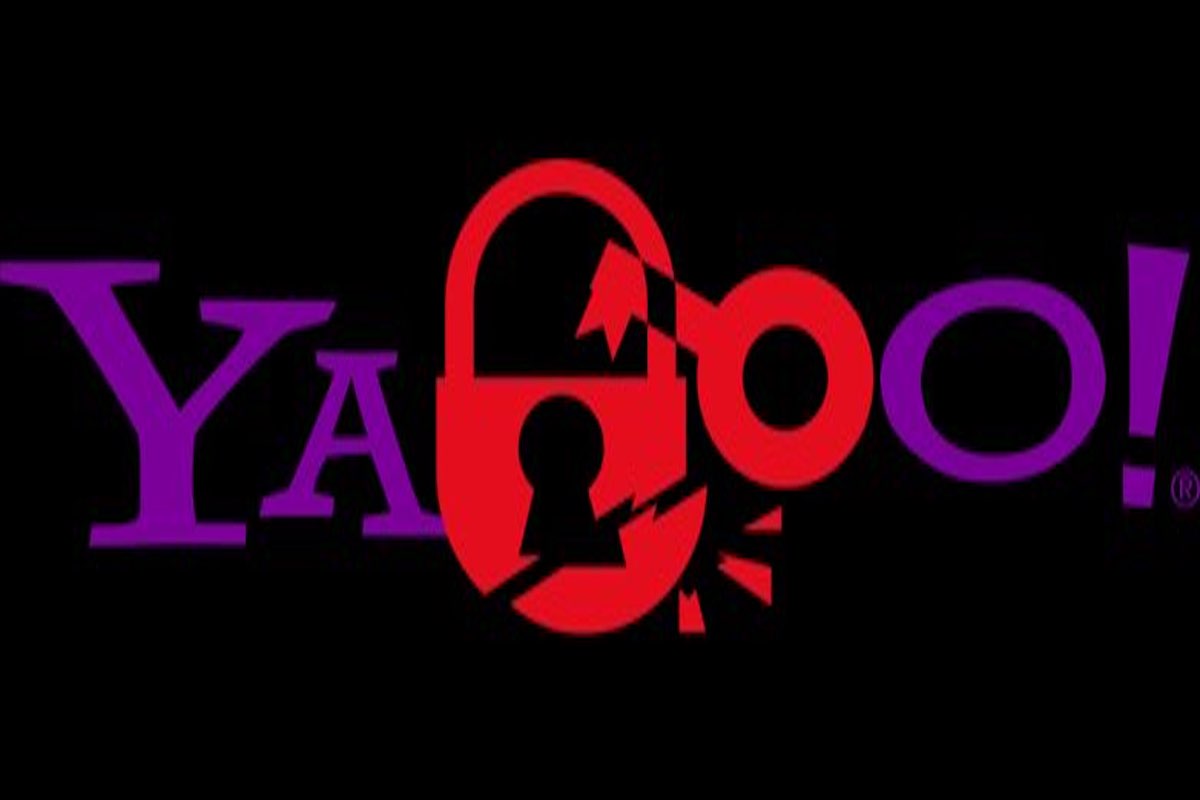A smart city is a metropolitan area where different types of Internet of Things (IoT) devices are used to collect data, and the knowledge gained from the information is used to effectively manage the city’s assets, resources and services.
Data collected from, among others, citizens, electronic devices and other assets are processed and analyzed to facilitate monitoring and management of traffic and transport systems, power plants, tools, water supply networks, waste management, crime detection, information systems, schools, libraries, hospitals and other community services.
There are methods for electronic data collection needed to supervise the community resources, such as traffic counts, speed cameras, speed radar, traffic and surveillance cameras, ticket machines in commuting, weather stations, remote connected electricity meters and more, that make handling of the city easier and provide statistics.
The Police can’t be everywhere and see all crimes. They need the assistance of cameras. The railway and subway networks are special danger zones where many crimes are committed, beatings, theft, people running on the tracks and in the tunnels, etc. There must be surveillance cameras in these places.
The smart city also spills over on the road network which can be smart as well, with facilitated communication for self-driving vehicles, charging stations for electric cars, network-connected traffic signals and road signs, fully automatic street lighting and automatic handling and data collection from heavily trafficked roads and street junctions.
The smart electricity grid has been around for a long time. The national grids of many western countries are completely computerized and all parameters can be remotely monitored. Control of the power take-off from hydroelectric power stations is largely automatic and even nuclear power plants can be managed in this way. The vast majority of substations and switchgear are remote controlled.
1 Do you really need it at home?
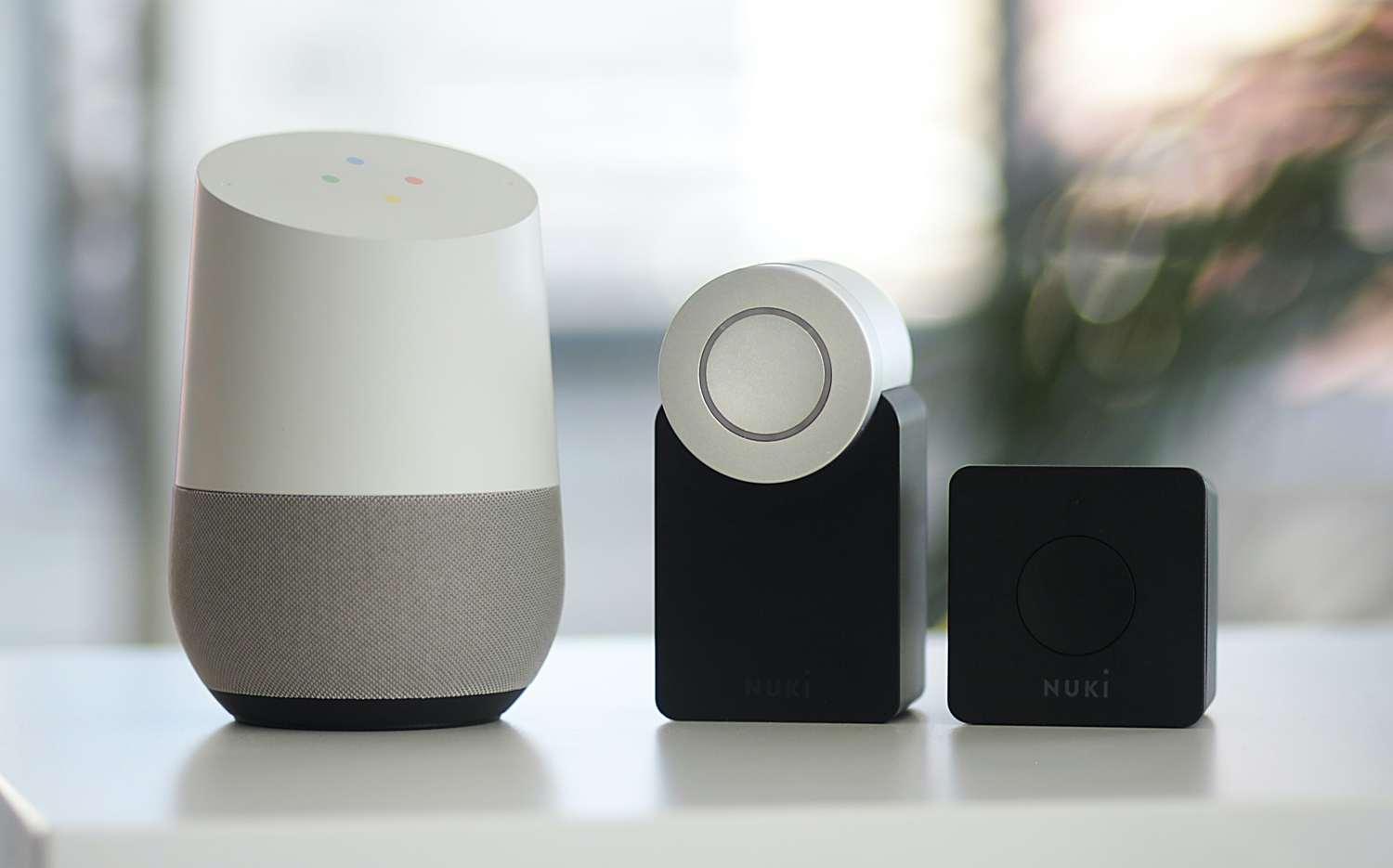
- The camera in your smart TV may be sending video to the manufacturer, or to a hacker. Intelligent TVs have been hacked to promote various Youtube stars.
- A smart networked printer can be hacked from the outside and print anything the hacker wishes.
- Data from your fitness tracker may end up with the manufacturer, who uses it for things you do not want it to be used for.
- Your intelligent speakers send the sound to the manufacturer for analysis. Sure, the manufacturer may need sample sounds to improve speech recognition, but unfortunately the sounds are used for other purposes as well. Couldn’t you turn on the light or change TV channels by hand, instead?
- Your baby monitor, that should send pictures of your children sleeping, sends the pictures to China as well.
- Do you really need an Internet-connected refrigerator? Isn’t a normal fridge good enough?
- Do you really need to set the heat in your apartment from your mobile phone?
- Do you really need a smart, connected toothbrush? Or a smart, connected bathroom scale?
IoT devices, cheap home routers and the like, usually have limited (that is: lousy) IT security. The passwords are easy to guess, there are usually back doors, etc. These devices are so cheap to purchase that it simply does not pay for the manufacturer to put any major effort into IT security. After six months, the product has been superseded and the manufacturer has started making a new series. It is unlikely that any security updates will be issued for discontinued products.
2 Watch out for trolls
The camera in your smart TV may be sending video to the manufacturer, or to a hacker. Intelligent TVs have been hacked to promote various Youtube stars.
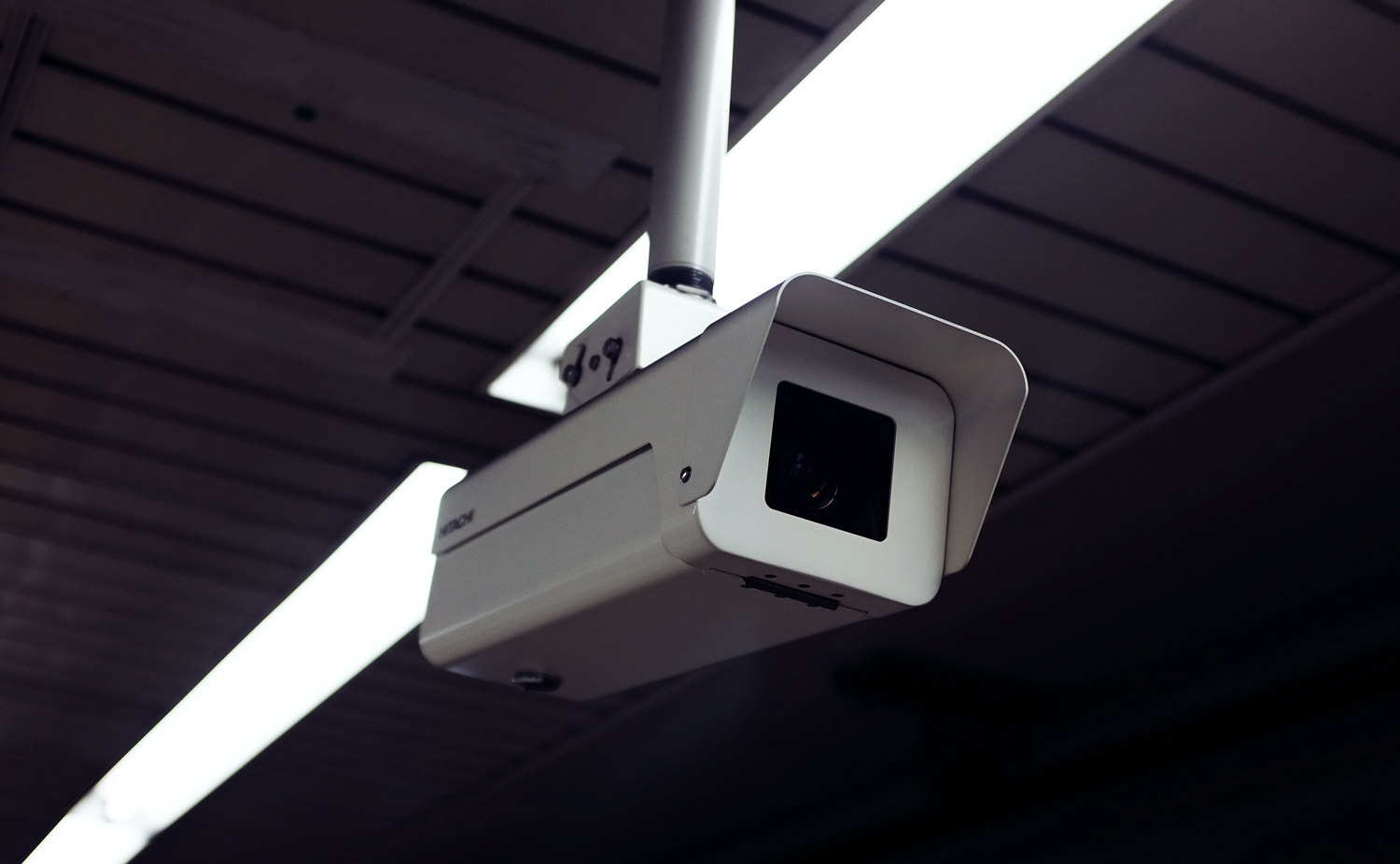
The most obvious devices are surveillance cameras. The critics will immediately start yapping about the horrible surveillance community, the Orwellian police state that lies ahead. Just because the Chinese use facial recognition to monitor everyone, it is wrong to assume that the same thing is happening in England.
One popular trend is setting fire to mobile towers, because “someone” has claimed that the 5G network (which barely exists yet) is being used by “them” to spread Corona virus in the population. And, of course IoT is extremely dangerous, because, well… cancer and lizard aliens etc.
Remotely connected electricity meters have attracted lots of criticism, mainly in England and the US for being part of a conspiracy to enslave the world etc etc etc.
You’re smarter than that.
The most obvious devices are surveillance cameras. The critics will immediately start yapping about the horrible surveillance community, the Orwellian police state that lies ahead.
MORE ARTICLES TO READ

Privacy
Integrity – Nag, Nag, Nag!
The problem with integrity is that it is a bit abstract and difficult to grasp as a con...
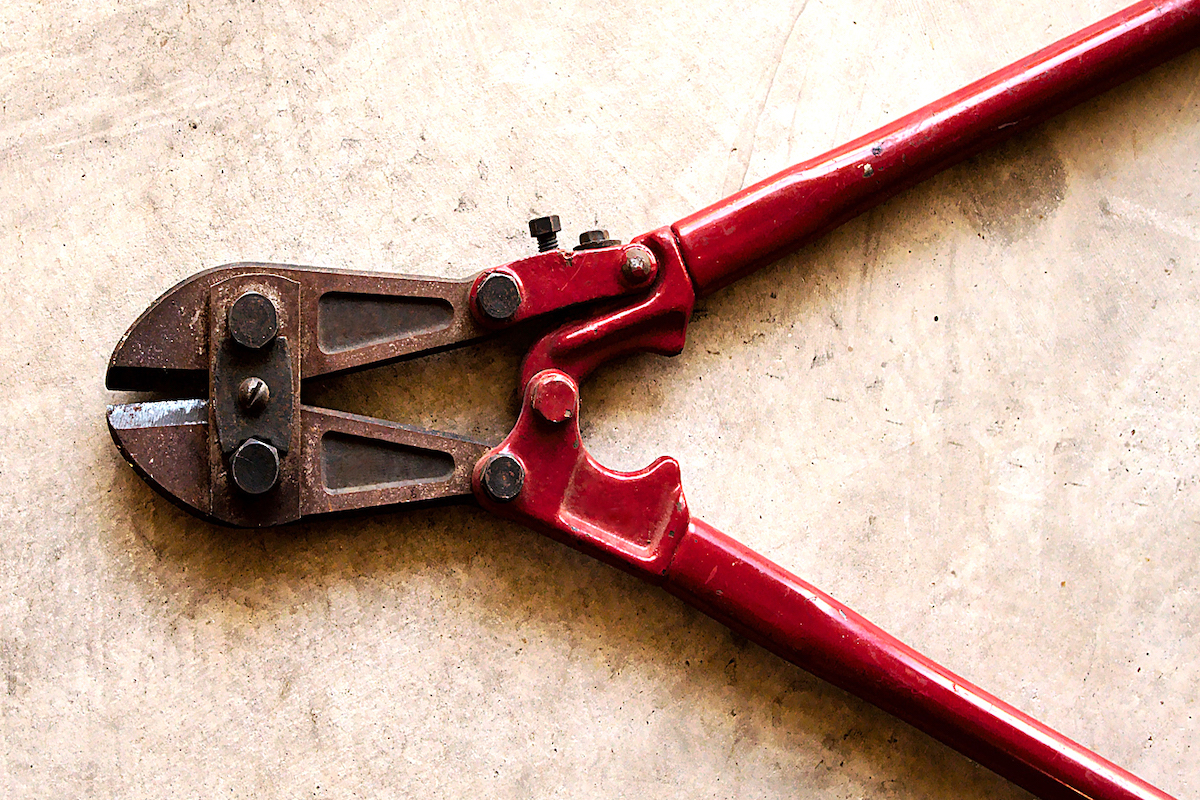
Hacks and Incidents
The Big Hacks that Shook the World
Hackers are international criminals. The Internet allows them to operate anywhere in th...

Hacks and Incidents
How to recognise phishing email
Do you think all the exciting emails that land in your inbox came from your friends or ...

Privacy
How to be invisible online
Taking just a few smart steps can aide your invisibility online and remember it’s impor...
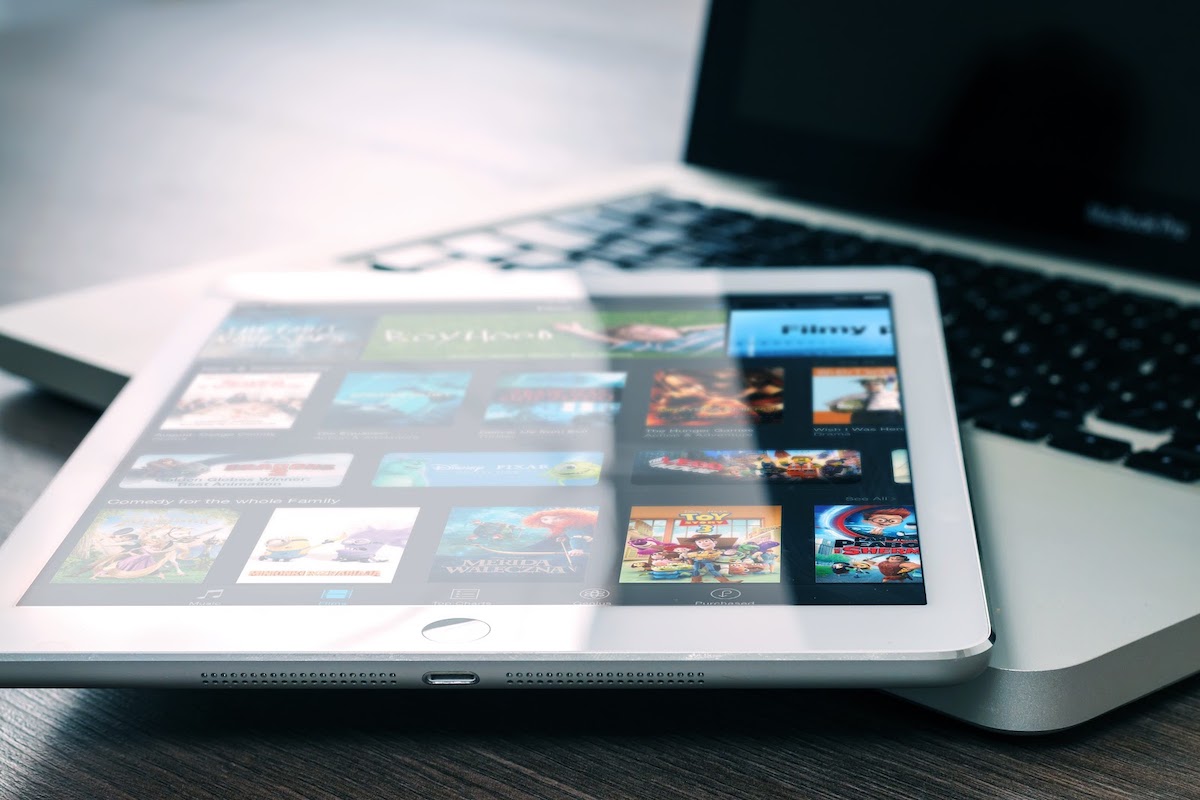
Corporate news
Hidden24 top 10 rated in Tech Advisors VPN review
Tech Advisor's VPN review praised Hidden24’s simplicity of install, detailed graphical ...
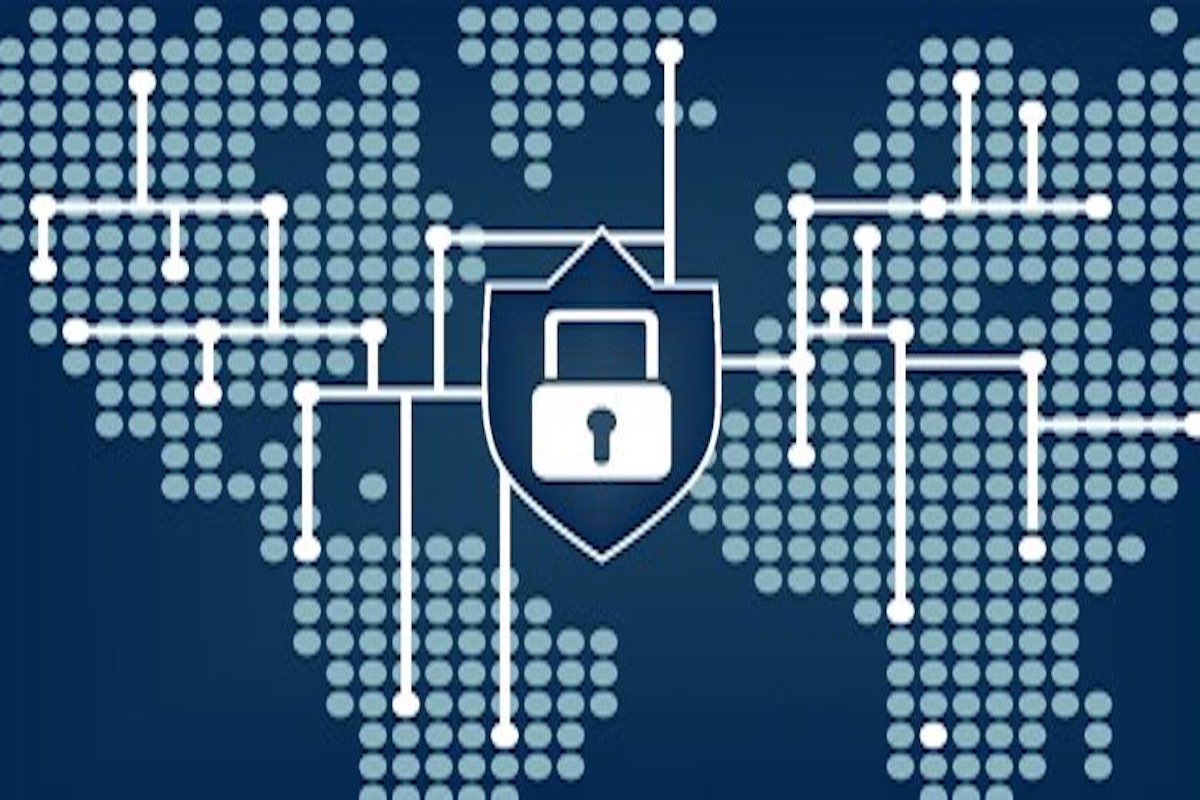
VPN
VPN: The Ultimate Beginners Guide
VPNs are quite popular with everyone in today’s world. VPNs are quite popular with ever...









